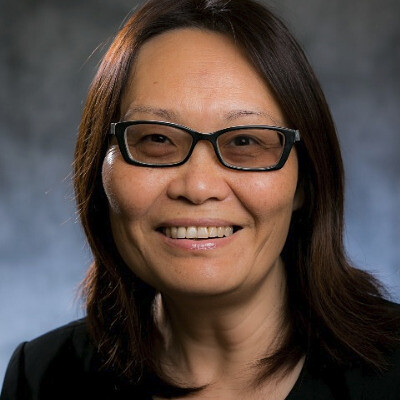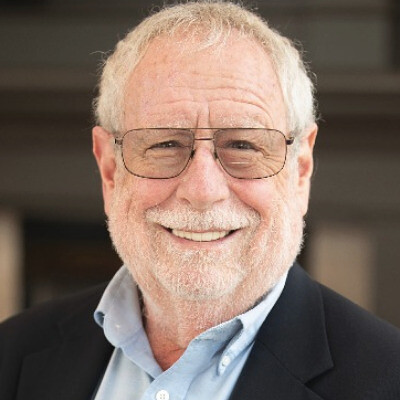How an Interprofessional Geriatrics Training Program Affected Knowledge and Experience of Scholars
Background:
High-quality geriatrics education and care include interprofessional collaboration rooted in mutual respect and shared values. Grounded in the 4Ms of Age-Friendly Care, the Creating Interprofessional Readiness for Complex & Aging Adults (CIRCAA) program is a continuing education program for healthcare practitioners seeking practice-based geriatrics training. Scholars assess their interprofessional readiness and geriatrics knowledge and experience at baseline and completion.
Methods:
Longitudinal assessment and demographic data from four cohorts (2020-2023) were analyzed. Change in interprofessional readiness and geriatrics knowledge and experience were assessed using a 16-item and an 11-item self-assessment instruments.
Cohort sizes ranged from 6-14. There was a total of 40 scholars with a mean of 12.9 years and a median of 8.5 years of healthcare experience working with older patients (range 0–40). Less than 50% (n=17) of scholars were 50 years old and over. Most scholars (n=34) identified as women, and none were Hispanic. Scholars represented 22 HRSA-classified disciplines, and 11 worked in primary care.
Results:
Significant racial differences were observed across cohorts regarding geriatrics knowledge and experience change (F(3)=4.716, p=.007). No significant racial differences were observed across cohorts regarding interprofessional readiness (F(3)=0.89, p=.46).
There were significant gains in total interprofessional readiness and geriatrics knowledge and experience between pre- and post-surveys (M=-.






